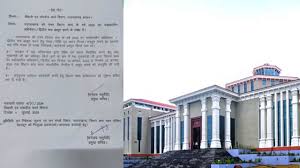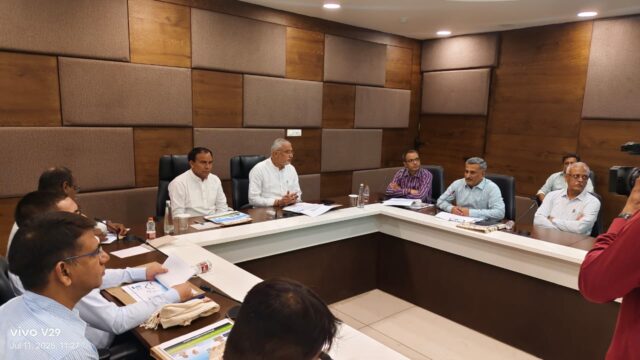Privacy and gripes

After the implementation of the new IT law in the country, the debate on the question of privacy has caught the attention of the people. The government announced the implementation of the IT laws announced on February 25 last in three months and sought the prescribed information from the social media companies. The social media company, which has been pressurizing India’s long-time WhatsApp consumers to obtain personal information for commercial use, has now moved to the Delhi High Court, calling these new laws a violation of the right to privacy. These companies, which are involved in the game of creating and spoiling power in the world, are known for their demeaning behavior. It is said that in January this year, Facebook and Twitter united in the campaign to remove Donald Trump. The head of Facebook was also summoned to the US Senate due to several controversies. The Biden administration is also campaigning to make these companies accountable. There is a demand in the US to convert these giant companies into small enterprises. Facebook, which had argued for privacy rights, was also accused of selling consumer data for commercial use in the past. At a time when China has developed its social media by banning these companies, India with big markets and large population from America and Europe is on target of their business interests. Undoubtedly India is not a home for any giant companies to pursue commercial interests with pleas for privacy and democratic rights. The first IT laws in India were inferior and were not able to control the autocratic behavior of these companies and fix accountability. WhatsApp has gone to court against these new laws, so Twitter has said that it will continue to support changes in laws that impede the expression of freedom.
At the same time, the government is standing on its stand, it says that it is in favor of the right to privacy but no right is absolute and absolute. Also, the argument of end-to-end encryption breach is not with respect to every common consumer. The government argues that this law will be applicable only in those situations where matters related to national security, foreign policy and the breach of peace will come to the fore. Undoubtedly, it is necessary to reach the original source of news spread when the country is on the upswing of communal harmony and fake news in anti-national affairs. Of course, accountability and responsibility are necessary, but some people believe that the government’s behavior should not be arbitrary and that it does not curb the privacy and freedom of expression because the news which is objectionable is also determined by the government officials. Will decide. Another concern is that these laws will also apply to digital editions of media institutions, in which readers keep reacting, which is seen as a threat to freedom of expression. But the government does not seem to back down on these laws in any way. The government should publicly address all the apprehensions related to it. However, the government has sought a status report from social media companies to follow the rules. In fact, according to the new guidelines, the social media companies had been asked to appoint Chief Compliance Officer, Nodal Contact Person and Resident Graduate Officer in India to inquire about information and action against objectionable content circulating on social media. . These officers should be residing in India, which consumers can contact. Also, to settle the complaint within fifteen days. The parent company and subsidiary also come under the purview of the new law, who have been asked to provide information related to the name, website and service of the company’s app.






